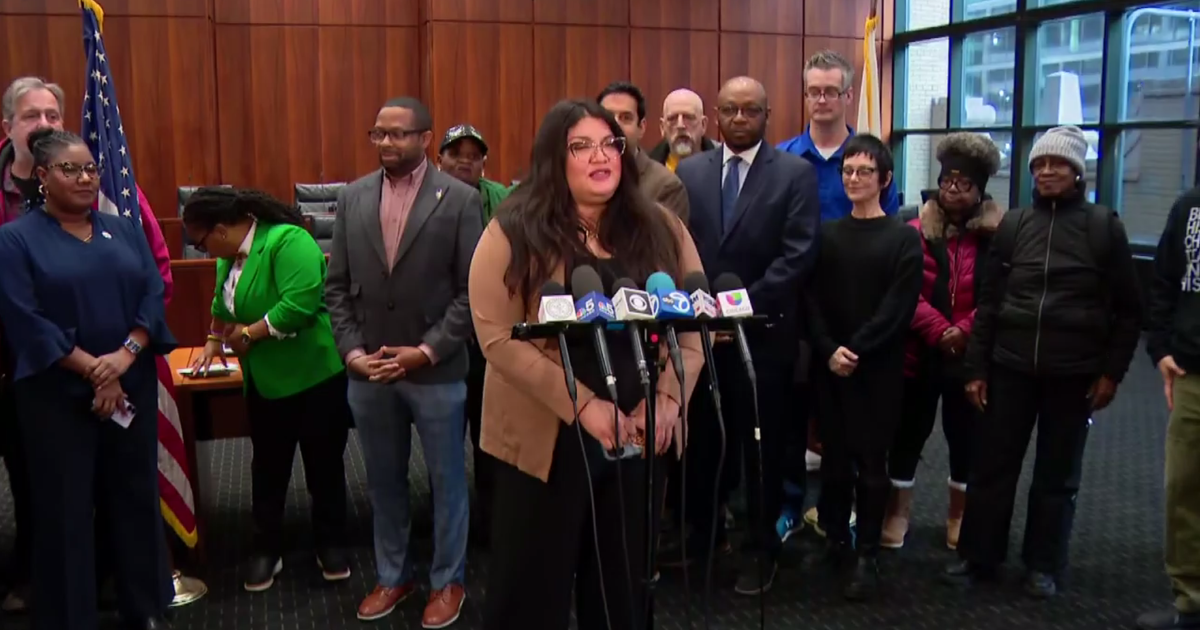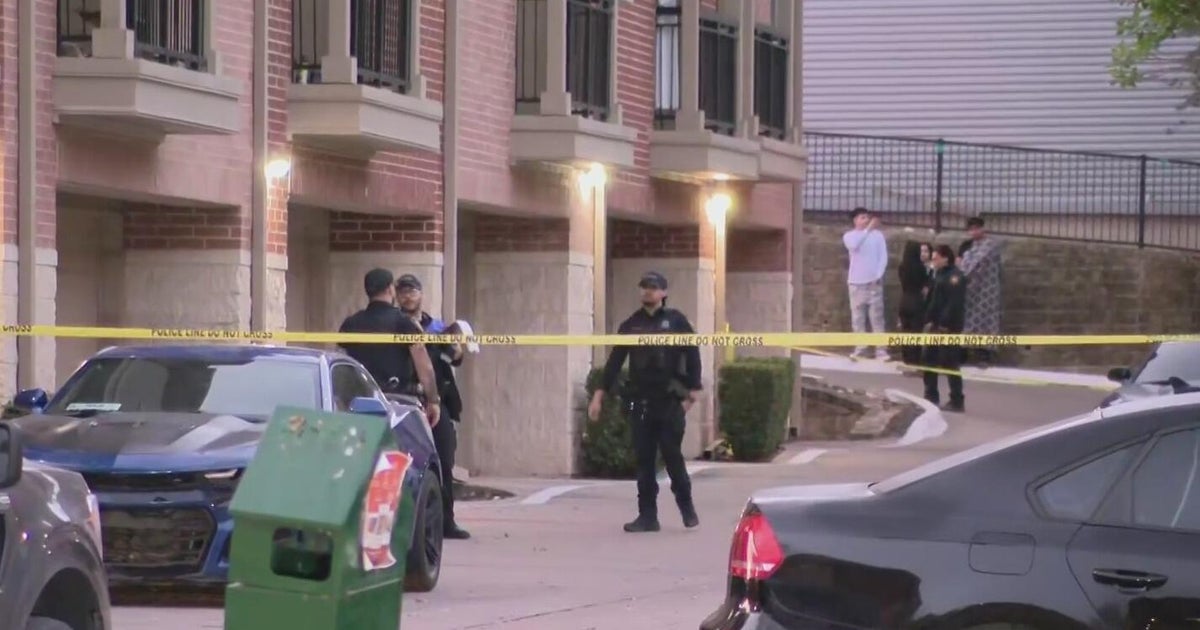From cops on K-8 campuses to California sharing your DNA, how things really work inside the State Capitol
From cops called on elementary school kids for behavioral issues to the state storing and sharing your DNA without permission, we showed you how our CBS News California investigations have lawmakers pushing for change.
Now, we're giving you a glimpse into how things really work inside the California State Capitol.
The Capitol doesn't generally work the way people think it does, and bills prompted by our reporting provide the perfect examples.
Cops called to California K-8 schools 10,000 times in a year. Could state law be to blame?
Our Handcuffs in Hallways investigations revealed that cops were called to K-8 campuses more than 10,000 times in a single year, including for things like tardy mediation, inappropriate behavior and disrupting school activities, which is technically a misdemeanor.
"We're using valuable resources, having cops come to campuses thousands of times a year for very minor incidents," said California Assemblyman Ash Kalra.
Kalra introduced a bill intended to reduce unnecessary calls for cops on campus for the second year in a row.
Last year, Assembly Education Chair Al Muratsuchi simply chose not to schedule Kalra's bill for a hearing, single-handedly killing it.
Many people don't realize that one person, a committee chair, has the power to quietly kill any bill before anyone ever gets a chance to vote.
This year, however, he's supporting the bill with changes. "I just want to clarify for the record there were many amendments taken to the bill," Muratsuchi said at the hearing.
Those amendments include clarifications that administrators can't prevent staff from calling the cops and that they must notify law enforcement of drug sales and weapons on campus.
If a chair supports a bill, it usually passes, and this one did despite concerns by some committee members that it could lead to underreporting of on-campus crimes.
Now the bill heads to the Appropriations Committee where many bills quietly die in the dreaded suspense file without a vote, like last year's newborn genetic privacy bill that was prompted by our 10-year investigation.
California can share your baby's DNA sample without permission, but a new bill could force the state to publicly reveal who they're giving it to
Nearly every baby born in the U.S. gets a heel prick shortly after birth. Their newborn blood fills six spots on a special card used to test the baby for dozens of disorders that, if treated early enough, could save their life.
The test itself is crucial, but it's what happens after the test that has many people concerned.
The leftover bloodspots become "property of the state" and may be purchased by researchers or shared with law enforcement without your knowledge or consent.
For years, everyone from parents to privacy advocates has been calling for more transparency.
In fact, three different senate committees voted last year to let parents opt out before the state stores their child's DNA. However, the full Senate never got to vote.
Why?
The state Health Department claimed it would cost millions to give parents that right. So the bill was sent to something called the suspense file where, in a budget deficit, expensive bills go to die.
That's when the appropriations chair singlehandedly chose to kill the bill even though it wouldn't have cost taxpayers a dime because required fees pay for the program.
So now there are two new bills. One, following our recent report, would force the state to publicly post the list of the research studies using California's blood spots. The other would require the state to get your permission before storing or sharing your DNA.
The first bill was so popular that it passed on consent without a hearing. The second was pulled by the author in a closed-door deal to resurrect last year's bill that died in the suspense file.
That is because, this year, there's a new appropriations chair, which means a new chance of survival for the newborn genetic privacy bills and Kalra's school safety bill.








